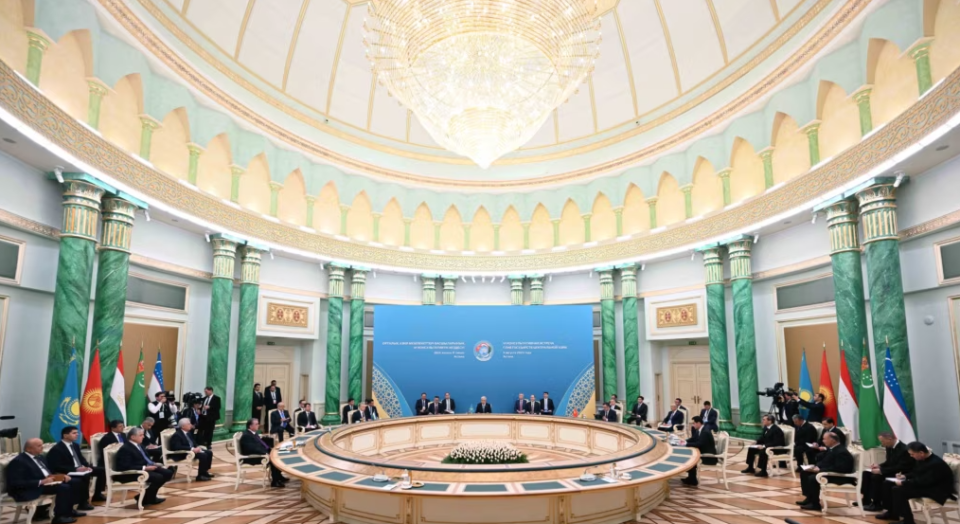Central Asian leaders meet in Kazakhstan on Friday. There they tried to agree on a joint policy on water. Central Asia is a region where resource scarcity is often a source of conflict.
Blocking water flows is a regular occurrence in five Central Asian countries, part of the former Soviet Union. These five countries are; Kazakhstan, Kyrgyzstan, Uzbekistan, Tajikistan and Turkmenistan. 80 percent of these countries are deserts and grasslands.
The summit was hosted by the President of Kazakhstan Kasim-Jomart Tokayev. According to his website, Tokayev said a water policy based on equal and fair use of water is needed. In which, there will be strict obligations to adhere to the policy.
Central Asian states share water as in the Soviet era. And for this, countries have to deal with various problems. Problems include; Countries with more water exchange water for electricity from energy-rich countries.
Compared to other countries, Kyrgyzstan and Tajikistan have more water. However, the two countries often clash over control of water.
Kyrgyz President Sadir Zaparov on Friday called for the creation of “economically beneficial mechanisms for water and energy cooperation for all parties” taking into account the “limited amount of water resources and the importance of water to the entire region”.
Uzbek President Shavkat Mirziyoyev emphasized the need to “adopt a regional strategy on rational use of transboundary river water resources.”
The main rivers of Central Asia are Amu Darya and Syr Darya. According to experts, the water flow of these rivers will start decreasing in the coming years. Besides, global warming is accompanied by water scarcity. And, aging infrastructure is creating a complex waste management crisis in the region.
After three years of tension, the Central Asian countries are now trying to take concerted initiatives in various fields. Especially in the field of water management, they want to take such initiatives. Because, in this region of 8 crore population, the demand for agriculture and energy has increased at a great rate.
Another concern for Central Asian governments is the Taliban’s construction of the Kosh Tepa Canal to irrigate northern Afghanistan. The project could further threaten Central Asia’s water supply.

